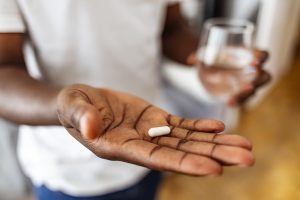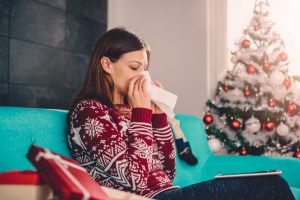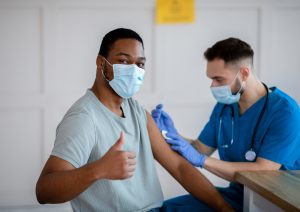In the continued fight against COVID-19, there has been some promising news about the development of a COVID pill. However, there are many questions surrounding this form of treatment.

Recently, pharmaceutical companies Pfizer and Merck announced that their anti-viral pills could minimize the effects of the virus for those who contract it. These medications are similar to other anti-viral medications currently used to combat the flu and other viruses. Pfizer claims its pill can decrease the likelihood of death or hospitalization by 89% if taken within three days of symptoms starting. Merck states its capsule can reduce similar risks by 50%.
Neither of the anti-viral medications are currently available as Merck and Pfizer have either already applied to the Food and Drug Administration for emergency use or are in the process of doing so and both are waiting for approval as there is still a lot we need to learn.
While this news is encouraging, it is important to understand that if or when these pills become available, they should not be considered a cure. Unlike antibiotics, which work to kill bacterial infections, anti-viral medications usually work to lessen the symptoms of the virus. These pills would also need to be taken during the early stages of the viral infection to be effective. They should only be considered as important additions to other hospital-based treatments.
One concern of many health professionals is that those individuals who are averse to the vaccine will use the existence of the anti-viral medications as an excuse not to get vaccinated, believing that they can get treated by the medications should they contract COVID-19. This philosophy can be misguided as vaccines remain the best protection against the virus.
Another fear among doctors is that people taking the anti-viral pills will not follow appropriate medication adherence. For instance, Merck’s anti-viral pill is required to be taken as a batch of four pills, twice a day, for five days. This medication will be ineffective if it is not taken as directed.
These anti-viral medications have the potential to decrease complications and hospitalizations and make COVID-19 a much more manageable disease, but more time is needed to test their safety and efficacy. Until then, it is recommended that anyone who is eligible receive the COVID vaccine.
All content of this newsletter is intended for general information purposes only and is not intended or implied to be a substitute for professional medical advice, diagnosis or treatment. Please consult a medical professional before adopting any of the suggestions on this page. You must never disregard professional medical advice or delay seeking medical treatment based upon any content of this newsletter. PROMPTLY CONSULT YOUR PHYSICIAN OR CALL 911 IF YOU BELIEVE YOU HAVE A MEDICAL EMERGENCY.






